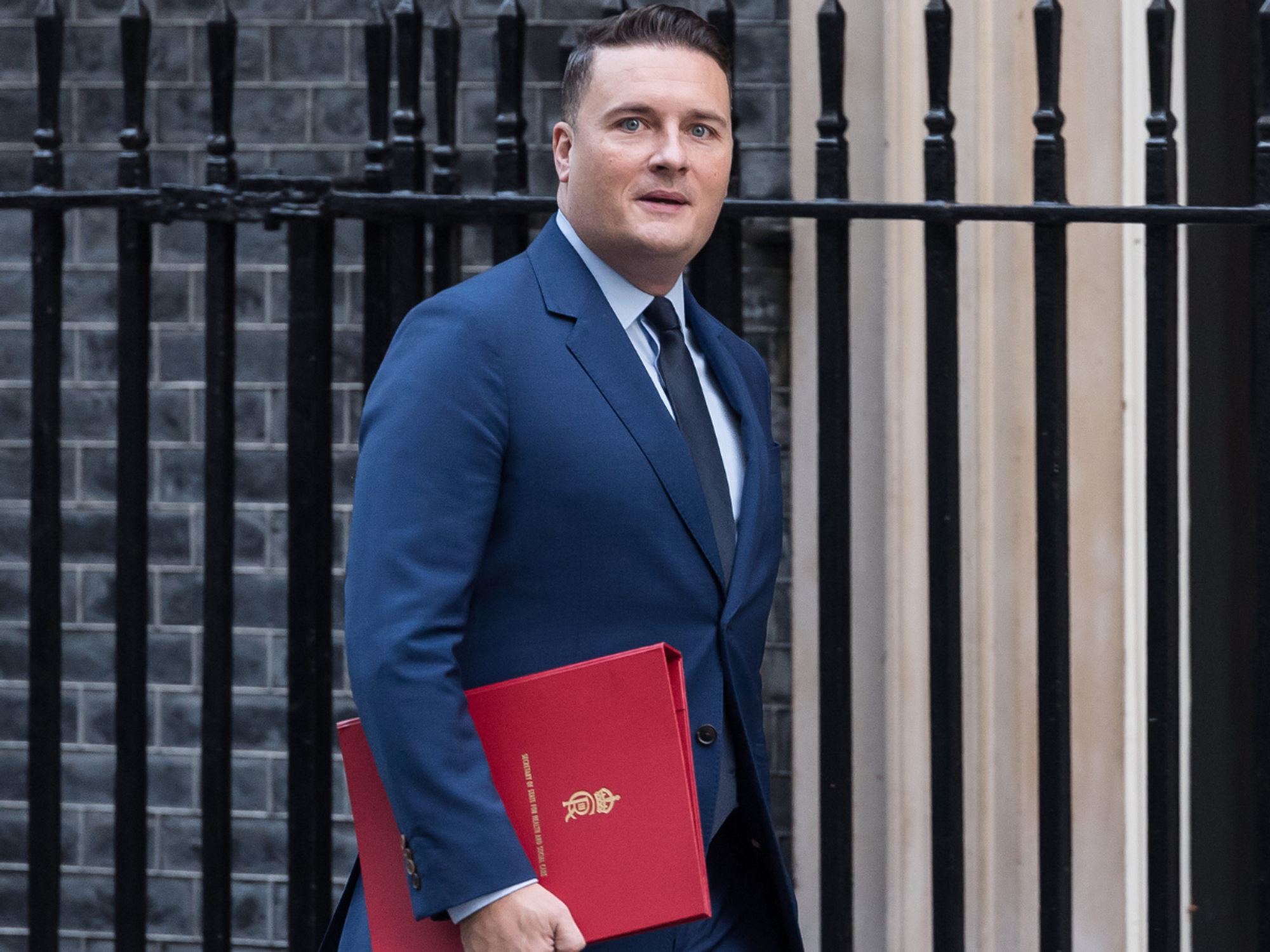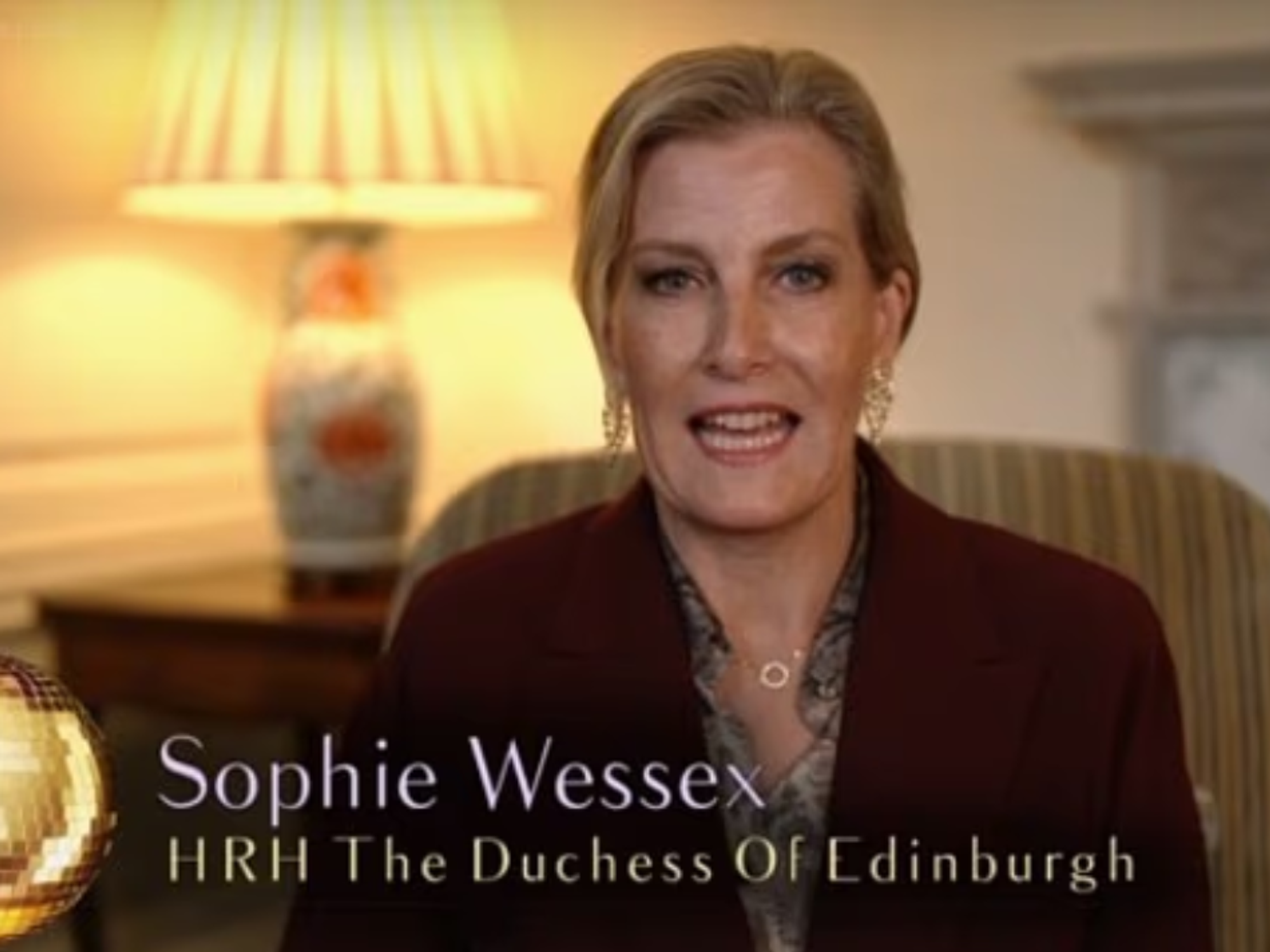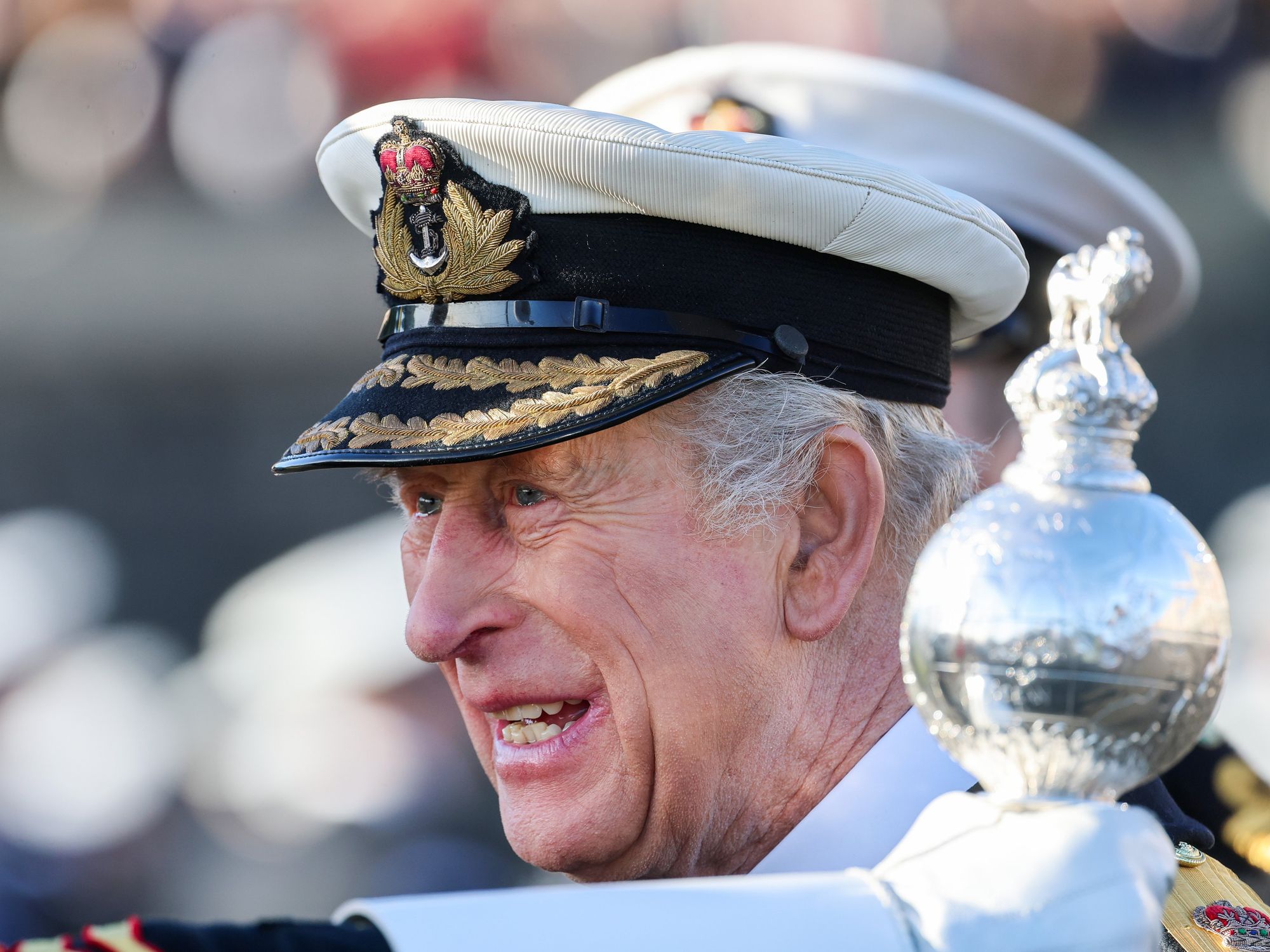Drivers warned as 'fuel duty will increase by 10p' and pay-per-mile car tax changes could be launched in Budget
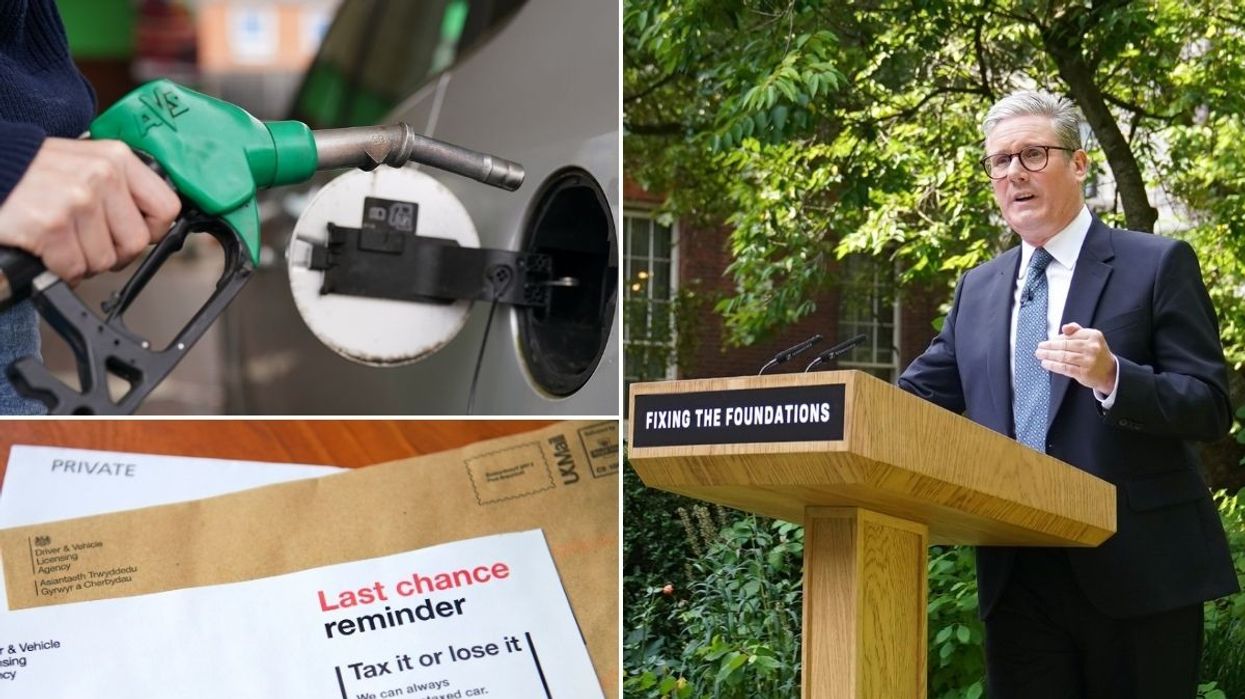
Keir Starmer warned Britons to prepare for a 'painful' Budget in October
|PA/GETTY

Howard Cox said Labour's 'painful' Budget in October would see British drivers hammered
Don't Miss
Most Read
An industry expert has warned that fuel duty hikes could be seen in the October Budget, as well as a decision on the future of pay-per-mile car tax changes after the Prime Minister said Britons were in for a "painful" Budget.
Speaking in Downing Street earlier today, Keir Starmer warned that Labour's first Budget in October would be "painful" as his Government attempts to fill a £22billion public finance black hole.
He added that "things are worse than we ever imagined", with Chancellor Rachel Reeves expected to raise taxes, cut spending and make sweeping changes to benefits.
Motorists could also be impacted as the Government is expected to make changes to fuel duty in the near future, as drivers face Vehicle Excise Duty rate changes or even a new tax system.
Do you have a story you'd like to share? Get in touch by emailing motoring@gbnews.uk
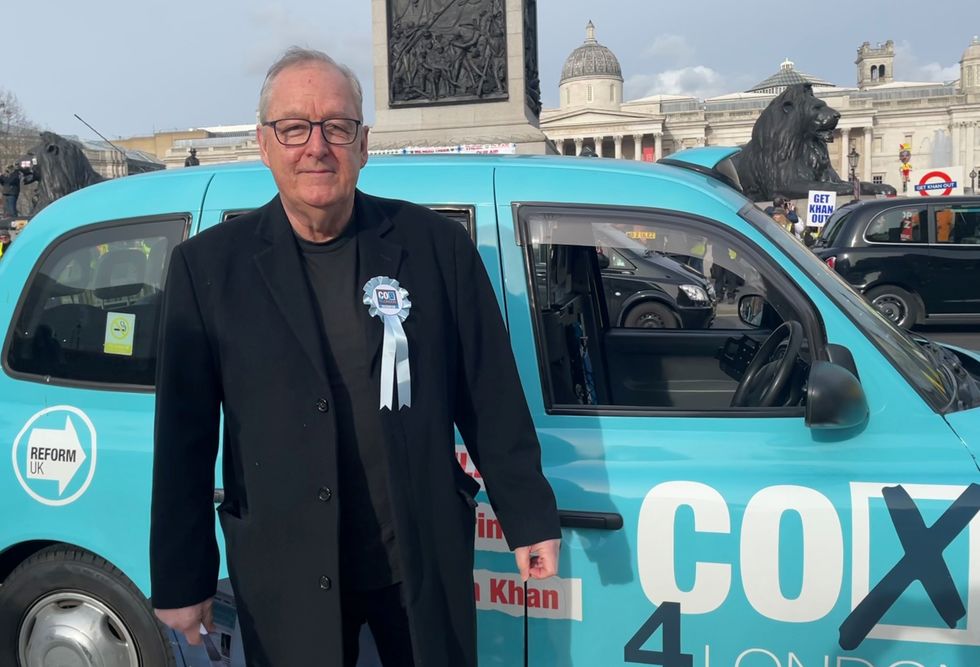
Howard Cox has warned that the rate of fuel duty will increase in the upcoming October Budget
| PASpeaking to GB News, Howard Cox, founder of FairFuelUK, warned that the "painful" Budget promised by Keir Starmer earlier today would "stifle growth" across the UK.
He said: "I have credible information that the Treasury has settled through its internal economic modelling that fuel duty will increase by 10p per litre.
"For nearly 15 years, I have proven that hiking levies on one of the highest-taxed motorist sectors in the world would damage the economy, jobs, inflation, business investment and freedom of movement."
The current fuel duty freeze is expected to expire in March, although Chancellor Rachel Reeves could decide to cut the benefit to plug the gap in finances.
Under the Conservatives, the five pence per litre fuel duty cut was maintained in the March Budget, adding that it had cancelled the planned increase in line with inflation for 2024-25.
The official Budget documents stated that the Government freezing fuel duty rates for 2024-25 were worth £3.1billion - a tax cut which the Labour Government could choose to roll back.
Speaking previously to GB News, Keir Starmer told Political Editor Christopher Hope that Labour would consider the topic of fuel duty as a "Budget-by-Budget" issue.
Cox also questioned why Keir Starmer's speech did not include details about what had been promised in Labour's election manifesto.
He added: "The inevitable move to Big Brother pay-per-mile taxation, which Labour plans to introduce alongside the declining fuel duty income, will undoubtedly be announced in the budget.
"I predict the net outcome from the October Budget is that the UK’s 37 million drivers are set to be fleeced on a scale not seen since 1997 to 2010 when Labour increased fuel duty by a staggering 46 per cent."
Many industry experts have warned the Government in recent years about the necessity to modernise the system of motoring taxation to deal with the increase in electric cars and the plummeting revenue from fuel duty.
The Tony Blair Institute for Global Change has called on urgent measures to be introduced to ensure the Government does not lose out on around £30billion in lost taxes from the switch to electric vehicles.
LATEST DEVELOPMENTS:
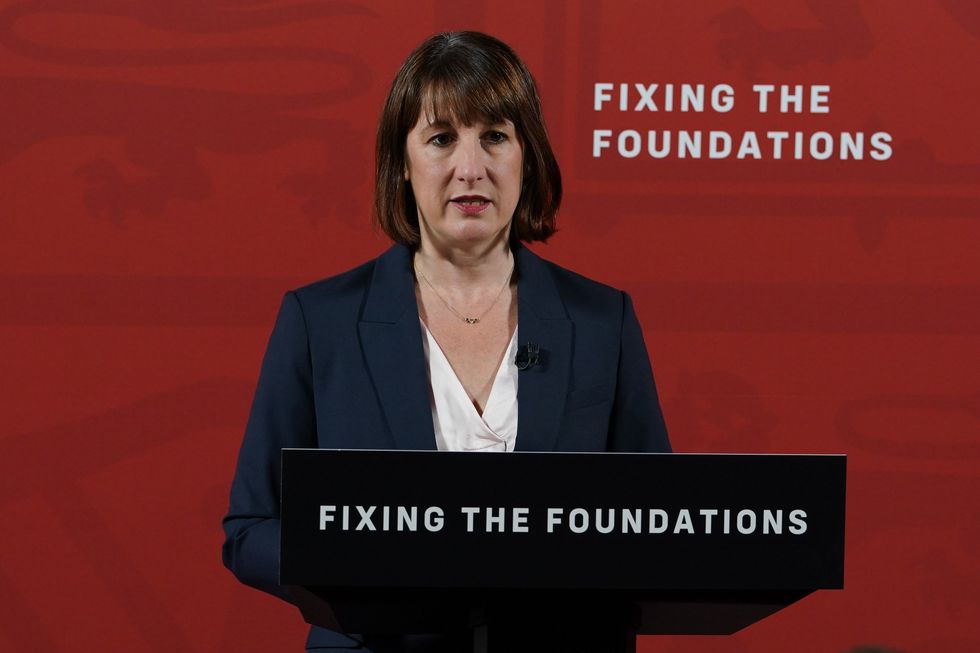
Rachel Reeves will deliver Labour's first Budget in October amid pressure from Britons
| PARoad pricing has frequently been touted as being suitable for the Government to charge drivers based on how much they use the road, with a pay-per-mile system of car tax.
However, several experts have warned that it could impact the working classes more than others, especially those who have to drive longer distances more often for their work, including builders.
Rural drivers could also be hammered as they will need to travel further distances to access basic amenities. This has prompted some, including AA President Edmund King, to call for certain motorists to receive an additional allowance of "free miles".
A HM Treasury spokesperson told GB News: “Following the spending audit, the Chancellor has been clear that difficult decisions lie ahead on spending, welfare and tax to fix the foundations of our economy and address the £22 billion hole in the public finances left by the last Government.
"Decisions on how to do that will be taken at the Budget in the round.”






